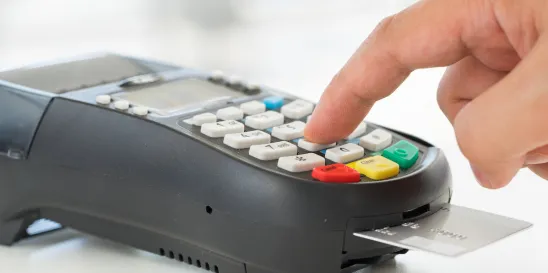Virginia Courts came down with a convoluted opinion and order on Friday in the Clarence Davis v. Capital One (1:22-CV-00903) matter which should have all commercial retailers, financial institutions and small businesses on tilt.
Clarence Davis received numerous calls to his personal cell phone from Capital One in attempts to collect his delinquent account. He claims, but deleted the evidence prior, that Capital One even had the audacity to leave an automated voicemail. Is this egregious? Is it harmless?
Capital One has language built into all of its agreements which allow the company to contact customers for similar reasons. Here’s the twist, as it turned out the number called had been reassigned to Mr. Davis recently and he was not a Capital One customer. So, what does Mr. Davis do? He brought suit of course and now seeks to enjoin a class of potentially thousands of members who are just like him…Individuals who received new numbers and are burdened by calls to collect on debts owed by previous account holders.
Davis’ cell phone number initially belonged to a Capital One customer who consented to the company’s collection methods. Because courts have consistently interpreted the TCPA to be a strict liability statute, the normal standard has always been that the consent must be active for the then-current phone number subscriber. Now, it was Capital One’s responsibility to verify Mr. Davis’ number against the Reassigned Number Database (“RND”). However, no evidence was submitted to definitively determine if a message was actually left since Davis deleted it. The Court was unpersuaded by this fact and decided to expand the applications of standing established in Spokeo, Inc. v. Robins, 578 U.S. 330 (2016).
Ultimately, this Court determined the putative class is not only those who have actually received the pre-recorded message, but determined a class member can have a concrete injury sufficient to establish Article III standing by either (1) actually receiving (listening to, reading a transcription of, and/or deleting) the pre-recorded voice message, or (2) paying for the pre-recorded message as the subscriber of a “pay as you go” cellular phone plan or a cellular phone plan that is otherwise restricted in terms of call minutes (including voicemail messages).
This is a bold opinion which is sure to cause headaches for businesses of all sizes as they attempt to comply with the TCPA.
So “What’s in Your Wallet?”
Barron



 />i
/>i
